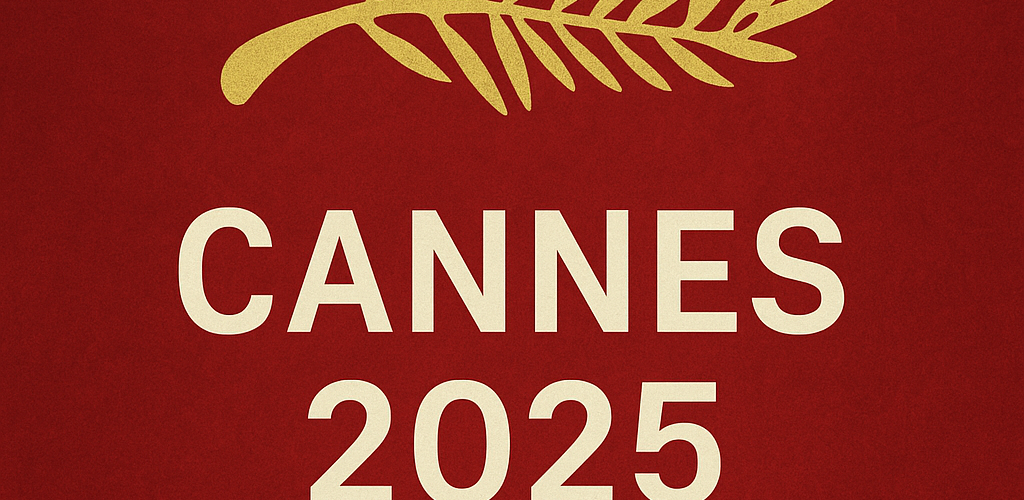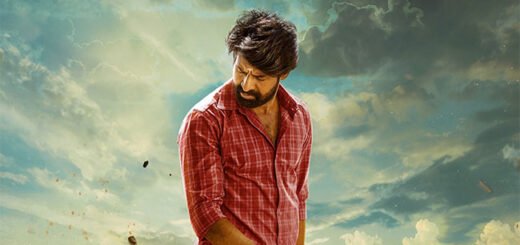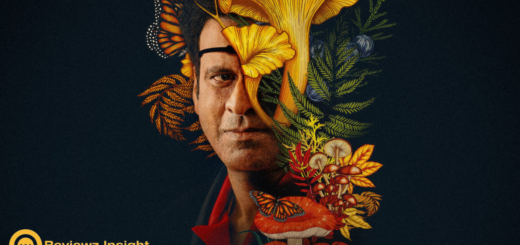Cannes Film Festival 2025 Review: Everything to Know

The 78th edition of the Cannes Film Festival, held from May 13 to May 24, 2025, brought a thought-provoking blend of cinema, conversation, and cultural resonance to the French Riviera. As the world continues to grapple with political upheaval, climate anxiety, and social unrest, Cannes became a stage for filmmakers to project their visions, fears, and hopes. The festival reaffirmed its status as the heartbeat of global cinema by curating a lineup that questioned modern existence and celebrated artistic courage.
A Jury with Global Authority
The festival organizers entrusted French actress Juliette Binoche with the presidency of the main competition jury. She led a diverse and prestigious panel that included Hollywood star Halle Berry, Moroccan-French author Leïla Slimani, Italian actress Alba Rohrwacher, American actor Jeremy Strong, Congolese filmmaker Dieudo Hamadi, Mexican director Carlos Reygadas, South Korean auteur Hong Sangsoo, and Indian filmmaker Payal Kapadia. Their varied cinematic backgrounds and cultural insights fostered rich debates and evaluations.
This jury selection did not merely seek diversity in appearance but relied on deep professional merit and global perspectives. Their synergy played a crucial role in spotlighting films that navigated human resilience, identity crises, and philosophical inquiry.
Kristen Stewart’s Daring Leap Behind the Camera
One of the most celebrated highlights of this year’s festival came from Kristen Stewart, who made her directorial debut with The Chronology of Water. Adapting Lidia Yuknavitch’s experimental memoir, Stewart stepped away from mainstream conventions and embraced fragmented narrative structures, unapologetic rawness, and deeply personal introspection. British actress Imogen Poots commanded the screen with her nuanced portrayal of a woman reckoning with past abuse, sexual liberation, and self-discovery.
The film’s avant-garde presentation drew divided reactions, but the critics acknowledged Stewart’s uncompromising vision and emotional bravery. Audiences praised the film’s intimate cinematography and haunting sound design that captured the turmoil of healing and rebellion.
The Ferocity of Love in Die, My Love
Director Lynne Ramsay stunned festivalgoers with Die, My Love, an adaptation of Ariana Harwicz’s acclaimed novel. Featuring Jennifer Lawrence and Robert Pattinson, the film dissected motherhood, mental illness, and repressed desire in a haunting rural American setting. Lawrence delivered a tour de force performance as a woman unraveling under the weight of family expectations and internal chaos.
The screening took an unexpected turn when a flamboyantly dressed man known as “Bird Man” caused a brief disruption. Despite the spectacle, the film emerged as a psychological powerhouse. Ramsay’s bold framing, jagged editing, and unflinching narrative made Die, My Love a top contender for the festival’s top honor.
Denzel Washington and Spike Lee Reunite for a Modern Masterpiece
Veteran actor Denzel Washington returned to Cannes in collaboration with Spike Lee for Highest 2 Lowest, a searing reinterpretation of Akira Kurosawa’s High and Low. Washington portrayed a morally conflicted executive whose child’s kidnapping exposed the rot in society’s class structures. His gravitas and emotional depth anchored the film, which critics hailed as one of the finest thrillers of the decade.
The festival honored Washington with an honorary Palme d’Or, recognizing his decades-long contribution to global cinema. The standing ovation that followed his surprise award created one of the most emotional moments of the festival.
Films That Echoed Today’s Geopolitical Wounds
Several entries at Cannes 2025 echoed contemporary turmoil and reflected deep concerns about the global socio-political landscape.
Spanish director Oliver Laxe introduced Sirât, a post-World War III odyssey that chronicled the journey of a nomadic woman searching for her child in a fractured wasteland. The desolate visuals and minimalist dialogue created an atmosphere of existential dread, making the film one of the most unsettling yet necessary experiences of the festival.
Ari Aster’s Eddington explored America’s political polarization through dark satire and absurdist elements. The film followed a small-town mayor whose online fame turned into a national crisis, critiquing both political opportunism and the toxicity of internet culture.
Raoul Peck returned with a fierce documentary titled Orwell: 2 + 2 = 5, in which he dissected modern surveillance, media manipulation, and eroding civil liberties. Peck drew parallels between George Orwell’s warnings and the current realities of authoritarian regimes, using archival footage and narrative re-enactments.
Despite the heaviness, some films offered moments of hope. French animator Ugo Bienvenu’s Arco envisioned a world where children preserved imagination in an era of technocratic conformity. With breathtaking visuals and a poignant storyline, the film reminded audiences of the power of innocence and innovation.
Nicole Kidman’s Stirring Advocacy for Women in Cinema
Nicole Kidman received the Kering Women in Motion Award for her sustained efforts in promoting gender equality in the film industry. During her acceptance speech, she criticized Hollywood’s ageism and called for better roles for women over 40. She encouraged producers to stop limiting female narratives to youth-centric tropes and advocated for structural change in how women’s stories get told.
Her speech resonated deeply with many attending artists and further ignited conversations about representation, especially in European and American cinema.
India’s Representation on the World Stage
While no Indian feature entered the main competition, the country made headlines with Payal Kapadia’s presence on the jury. This milestone celebrated India’s growing influence in global cinematic discourse. Indian short films and independent productions also received special screenings and accolades in the Directors’ Fortnight and Critics’ Week sections.
India’s consistent presence at Cannes, even in advisory and curatorial roles, signaled an evolving recognition of its rich narrative traditions and contemporary storytelling prowess.
Most Anticipated Winners
As the festival neared its finale, speculation about the Palme d’Or winner intensified. German filmmaker Mascha Schilinski’s Sound of Falling captivated critics with its gothic tale of familial curses and inherited grief. Her poetic use of sound and imagery created an immersive sensory experience.
Swedish-Egyptian director Tarik Saleh impressed audiences with the final chapter of his politically charged Cairo Trilogy, which exposed state corruption and spiritual resistance in contemporary Egypt. Many industry insiders expected either film to clinch the top prize.
Conclusion: A Festival of Reflection and Reckoning
Cannes 2025 did not present escapist fantasies or crowd-pleasing formulas. Instead, it elevated cinema that grappled with discomfort, examined identity, and challenged the status quo. This year’s festival reminded the world that cinema does not merely entertain—it interrogates, exposes, and envisions.
By honoring courageous storytellers and confronting real-world anxieties, the Cannes Film Festival reinforced its role as a cultural lighthouse guiding the future of cinema. It did not shy away from pain or provoke for spectacle alone. It celebrated the enduring ability of film to inspire thought, evoke emotion, and foster change.













